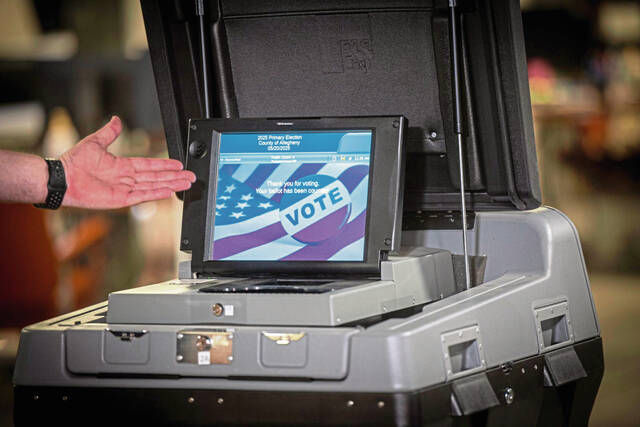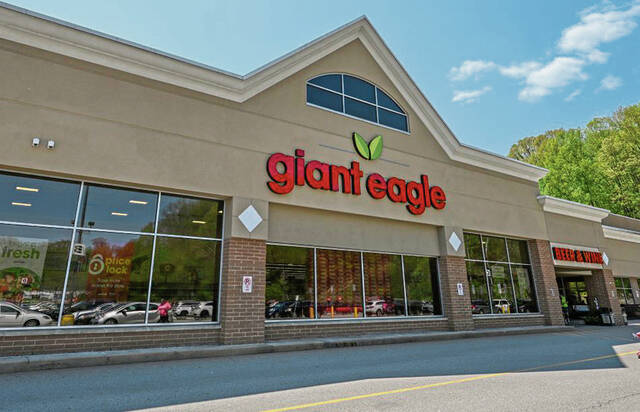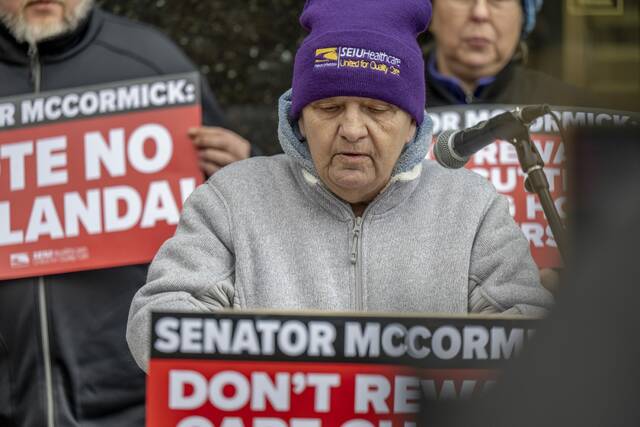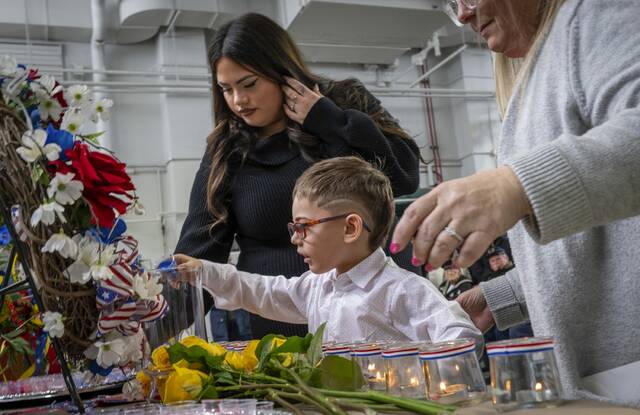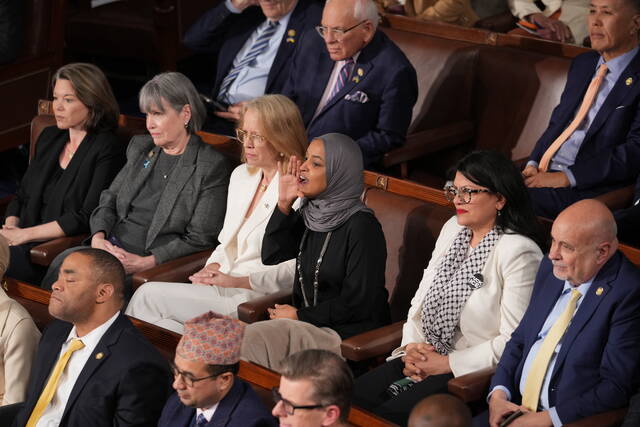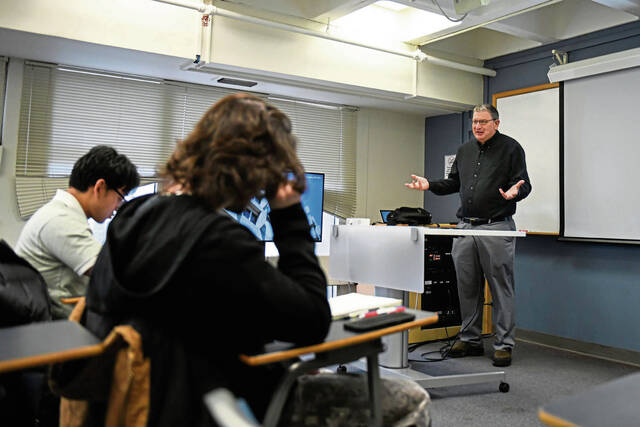Six months ago, more than three-quarters of Pennsylvania’s registered voters cast ballots in the general election after being bombarded for months by campaign ads and seemingly nonstop news coverage of the presidential race.
This year’s primary election, culminating Tuesday with in-person voting across the state, has been low-key by comparison.
Fewer than 1 in 3 voters are expected to cast ballots in the primary, which includes races for county and municipal offices, courts and school boards in addition to referendums in some communities. Many races are uncontested.
Pennsylvania has a closed primary system, meaning that only registered Republicans and Democrats can vote for candidates in their respective parties.
But all registered voters, regardless of party affiliation or independent status, may vote on referendum questions in their communities. The city of Pittsburgh, for example, has three questions on the May 20 ballot.
Primary winners will earn their respective party’s nomination to run for office in the general election Nov. 4.
Here’s what you need to know about primary voting:
Voting in person
Polling places are open from 7 a.m. to 8 p.m.
Allegheny County has 1,327 voting precincts, while Westmoreland County has 306.
Voters can find the location of their polling place by calling their county’s elections office or looking it up online at bit.ly/3YRfSJs.
Voting by mail
Tens of thousands of people across Western Pennsylvania have already cast their ballots, opting to vote by mail.
As of late last week, 65,000 voters in Westmoreland County had requested mail-in ballots but fewer than 15,000 had been returned, according to Election Bureau Director Scott Ross.
In Allegheny County, voters had returned about 56,000 of 110,000 requested mail-in ballots, according to Elections Division Manager David Voye.
The elections officials expected more mail-in ballots to arrive through Tuesday.
Voters who have yet to send their mail-in ballots can return them in person by 8 p.m. Tuesday. In Allegheny County, the ballots are accepted in the lobby of the Allegheny County Office Building (Ross Street entrance). In Westmoreland County, voters must go to the Election Bureau at the courthouse.
Voters who requested a mail-in ballot but did not return it by Tuesday have another option: Bring the entire mail-in ballot to their regular polling place, surrender it to election officials, sign a declaration, and vote on a regular ballot.
Low turnout
Voye said he predicts voter turnout in Allegheny County will be 30% for this year’s primary, while Westmoreland’s Ross predicts voter turnout there will be up to 26%.
In November, turnouts in the two counties approached or exceeded 80%.
Turnouts are typically lower during off-year year elections, but primary turnouts have risen since Pennsylvania began allowing no-excuse mail-in voting in 2020.
Races to watch
The Pittsburgh mayoral race has been Western Pennsylvania’s highest-profile race this primary season.
On the Democratic ticket, incumbent Mayor Ed Gainey faces Allegheny County Controller Corey O’Connor following a contentious campaign.
Retired police officer Tony Moreno is pitted against small business owner Thomas West on the Republican side.
A Republican hasn’t served as Pittsburgh mayor for nearly a century.
Elsewhere across the region, 22 candidates are vying for eight seats on the Allegheny County Common Pleas Court bench, while there are two contested races for Allegheny County Council on the Democratic side, one in District 1 and the other in District 9. Republicans have two contested races for Westmoreland row offices, one for register of wills and the other for coroner. Notable school board races include ones in Greater Latrobe, Norwin and Leechburg Area, while contested municipal races include ones for Hempfield Township Supervisors and New Kensington Council.
What’s next
After the primary results are finalized, the winners will set their sights on Nov. 4, the date of the general election.
While only Republicans and Democrats were eligible to vote for candidates in the primary, all registered voters in Pennsylvania may cast ballots in the November election.


